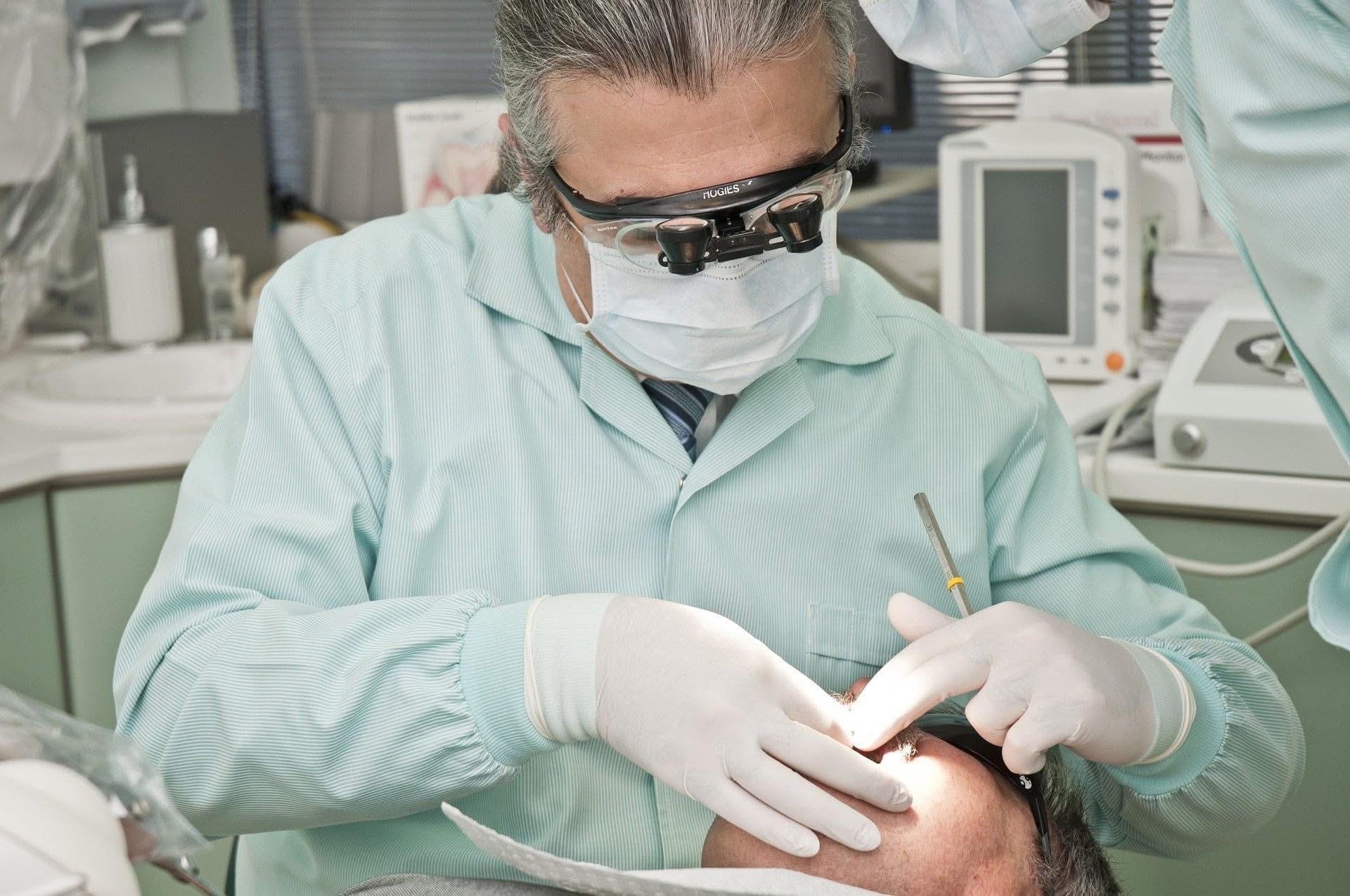Medical-grade O3 has been used for over 150 years to treat infections and disease.¹ Despite its long-standing history of effectiveness, ozone therapy is somewhat new to the field of modern dentistry. At Assure A Smile, we use ozone therapy to restore cavities, perform root canals, minimize sensitivity and treat periodontitis. This minimally-invasive technology is more than convenient – it’s one of the most powerful, all-natural antiseptic agents available.
Consider the following six ways ozone therapy promotes healing, both in the oral cavity and throughout the body.
- Fights Bacteria
Ozone is a molecule with a negative charge that attracts positively charged particles, like bacteria and free radicals. Because opposites attract, ozone binds to and neutralizes the harmful germs that hide deep within the oral cavity. Where traditional oral care instruments can’t reach, including the area below the gum line or within the small dental tubules, ozone therapy scopes.
- Boosts Immunity
As an immune system regulator, ozone helps normalize overactivity caused by auto-immune disorders like Lupus or Rheumatoid arthritis. Chronic infections that cause under activity of immune systems can also benefit from ozone, which activates your system’s cytokines, the cells in your body responsible for immune response mediation.
- Promotes Cellular Health
Oxygen is clearly a vital component of human life. Cells need oxygen to thrive, and ozone therapy helps deliver essential oxygen to every part of your body via red blood cells. Ozone also makes red blood cells more pliable so they easily move down vessels into tissues and organs.
- Detoxifies Your System
Ozone therapy is used in many detoxification remedies to cleanse the skin pores and lymphatic system. Depending on the outcome desired, ozone therapy detox is available in a steam sauna, body suit or colon cleansing. Ozone is even incorporated into an olive oil gel, used to fight skin conditions like acne and bed sores.
For more information on ozone therapy in Miami, contact Assure A Smile at 305-274-0047.
¹ https://www.ncbi.nlm.nih.gov/pmc/articles/PMC3312702/





